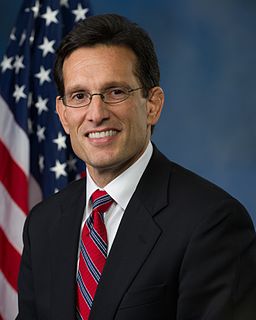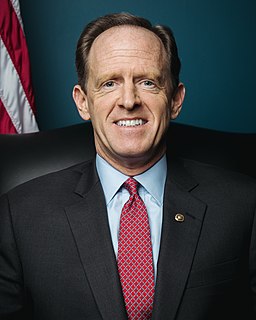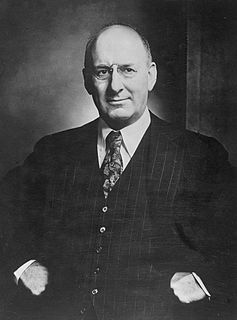A Quote by Rand Paul
Roll back federal spending to 2008 levels.
Related Quotes
The American people elected us here to cut spending so we can create an environment for jobs in America. The House has acted. We have demonstrated that we want to see spending, discretionary spending, brought down to levels of 2008. We've seen no counteraction. We have seen no position that has been expressed by the other side at all.
Conservatives in general, and even so called Tea Party conservatives, are not against transportation spending. Indeed, interstate commerce is one purpose of interstate highways and byways, and is one of the things the federal government is actually supposed to spend our tax dollars on. What conservatives are opposed to is needless and excessive spending, pork-barrel spending, deficit spending, spending to pick winners and losers among American individuals and corporations, and spending to promote the social and economic whims of the Washington few.
If the US Government was a family—they would be making $58,000 a year, spending $75,000 a year, & are $327,000 in credit card debt. They are currently proposing BIG spending cuts to reduce their spending to $72,000 a year. These are the actual proportions of the federal budget & debt, reduced to a level that we can understand.

































